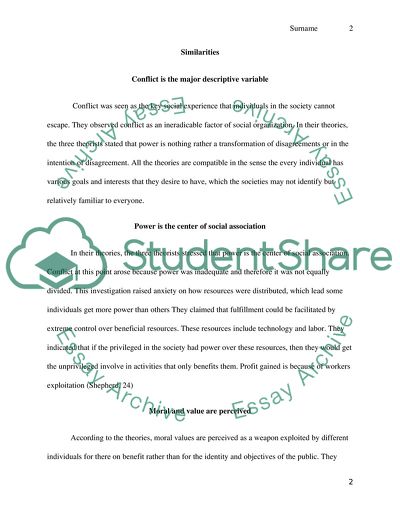Cite this document
(Theories of Social Conflict Essay Example | Topics and Well Written Essays - 1250 words, n.d.)
Theories of Social Conflict Essay Example | Topics and Well Written Essays - 1250 words. https://studentshare.org/sociology/1772594-theories-of-social-conflict
Theories of Social Conflict Essay Example | Topics and Well Written Essays - 1250 words. https://studentshare.org/sociology/1772594-theories-of-social-conflict
(Theories of Social Conflict Essay Example | Topics and Well Written Essays - 1250 Words)
Theories of Social Conflict Essay Example | Topics and Well Written Essays - 1250 Words. https://studentshare.org/sociology/1772594-theories-of-social-conflict.
Theories of Social Conflict Essay Example | Topics and Well Written Essays - 1250 Words. https://studentshare.org/sociology/1772594-theories-of-social-conflict.
“Theories of Social Conflict Essay Example | Topics and Well Written Essays - 1250 Words”. https://studentshare.org/sociology/1772594-theories-of-social-conflict.


